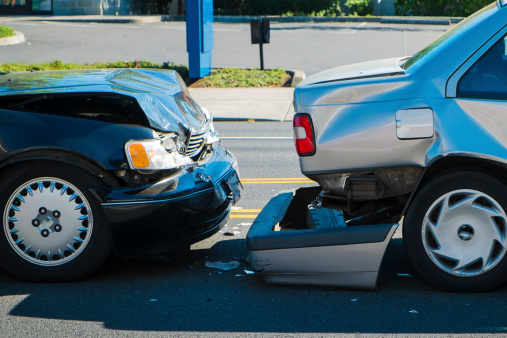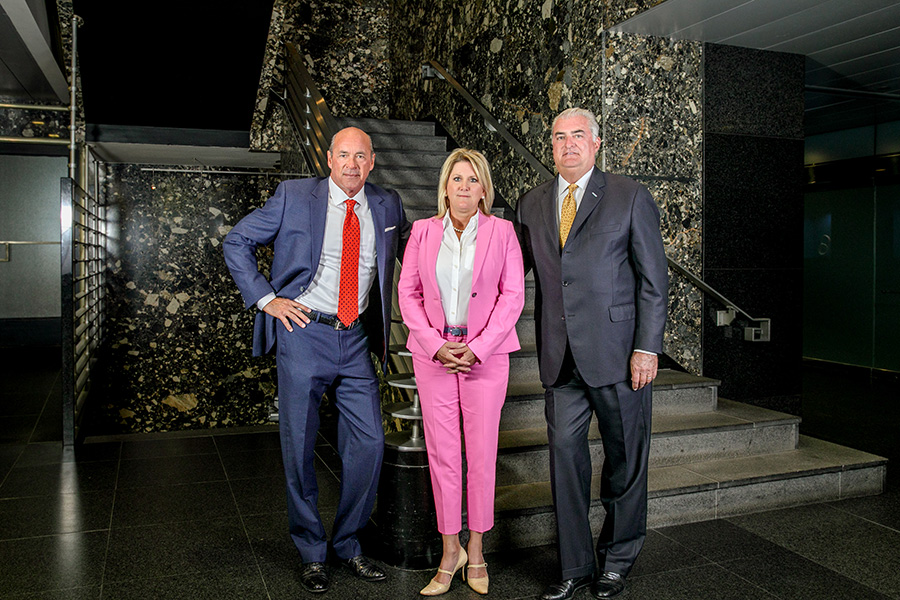Google Glass No Safer for Drivers than Cell Phone

The first scientific study of Google Glass found no statistical difference between the reaction time of drivers who were texting with a cell phone or smartphone and those who were sending text messages with Google Glass by voice transcription and head commands, according to a Reuters article.
Google Glass is a tiny computer mounted on the frame of a pair of eyeglasses. It enables people to keep their eyes looking forward as they give commands and receive information. Consequently, the company contends it causes less distraction for drivers since they can keep their eyes on the road and avoid accidents.
Looking at the road, however, does not mean the driver is seeing, says Ben Sawyer, a researcher at the University of Central Florida who conducted the study. It suggests that Google Glass eyewear isn’t any safer than using a smartphone while driving.
Distracted driving is considered any activity with the potential for diverting someone’s attention from the task of driving. That includes texting, using a cell phone or smartphone, eating and drinking, grooming, reading maps and even checking a navigation system, according to distraction.gov.
Texting is considered the worst distraction because it takes the driver’s visual, manual and cognitive attention. With an eye toward that, eight states have looked at legislation prohibiting drivers from wearing Google Glass or other computers and displays that mount to their heads, the Reuters article notes.
A driver may have mental distraction if their mind is focused on something other than driving. Sawyer contends that people should avoid using either a smartphone or Google Glass while driving.
Slower Reaction Time When Distracted
The study, conducted in conjunction with the Air Force Research Laboratory, analyzed the reactions of 40 people in their 20s who drove in a car simulator while using either Google Glass or a smartphone. Whether texting or not, they were forced to react to a vehicle that slammed on its brakes ahead of them.
Researchers found that those using Google Glass showed no better braking reaction time than those using smartphones. Most importantly, the participants using either device reacted slower, gave themselves less headway in the event and took up greater following distances afterward, according to a UCF article.
Google Glass users did, however, resume normal driving quicker than smartphone counterparts, leading Sawyer to say he hopes Glass leads to better technology that can cut risks while delivering information.
Sawyer, who has spent years studying the impact of distractions on humans using machines, says distractions are likely to become even more common and the “limited benefits” of Google Glass give hope for technological solutions.
Hands-Free Technology Causing Unsafe Driver Distraction
Research by the AAA Foundation for Traffic Safety also suggests that new hands-free features being added to cars may actually increase mental distractions.
Researchers from the University of Utah evaluated common voice-activated interactions based on the level of cognitive distraction produced by the device. They found that composing text messages and emails using in-vehicle technology was more distracting than simply listening to messages.
They also found that the accuracy of voice recognition software significantly influenced the rate of distraction. Systems with low accuracy created a higher level of mental distraction for the users.
The study suggests that developers of hands-free technology can improve the safety of the products by making them more accurate and less complicated to use.
An average of 3,300 people died in distraction-related accidents in 2011 and 2012, the government reports. Some 421,000 sustained injuries in crashes caused by distractions in 2012.
If you or a loved one is involved in a traffic accident caused by a distracted driver who was texting and driving, contact an experienced attorney who can guide you through the legal process and make sure you receive the compensation you need to pay for everything from lost work time to property damage, mental anguish and physical pain. Don’t let someone else’s distraction ruin your life.
Blog CATEGORIES
Let's Talk About It
Speak with an experienced attorney at no cost to you

